Tel: 0086769-23187408
Email: [email protected]
Tel: 0086769-23187408
Email: [email protected]
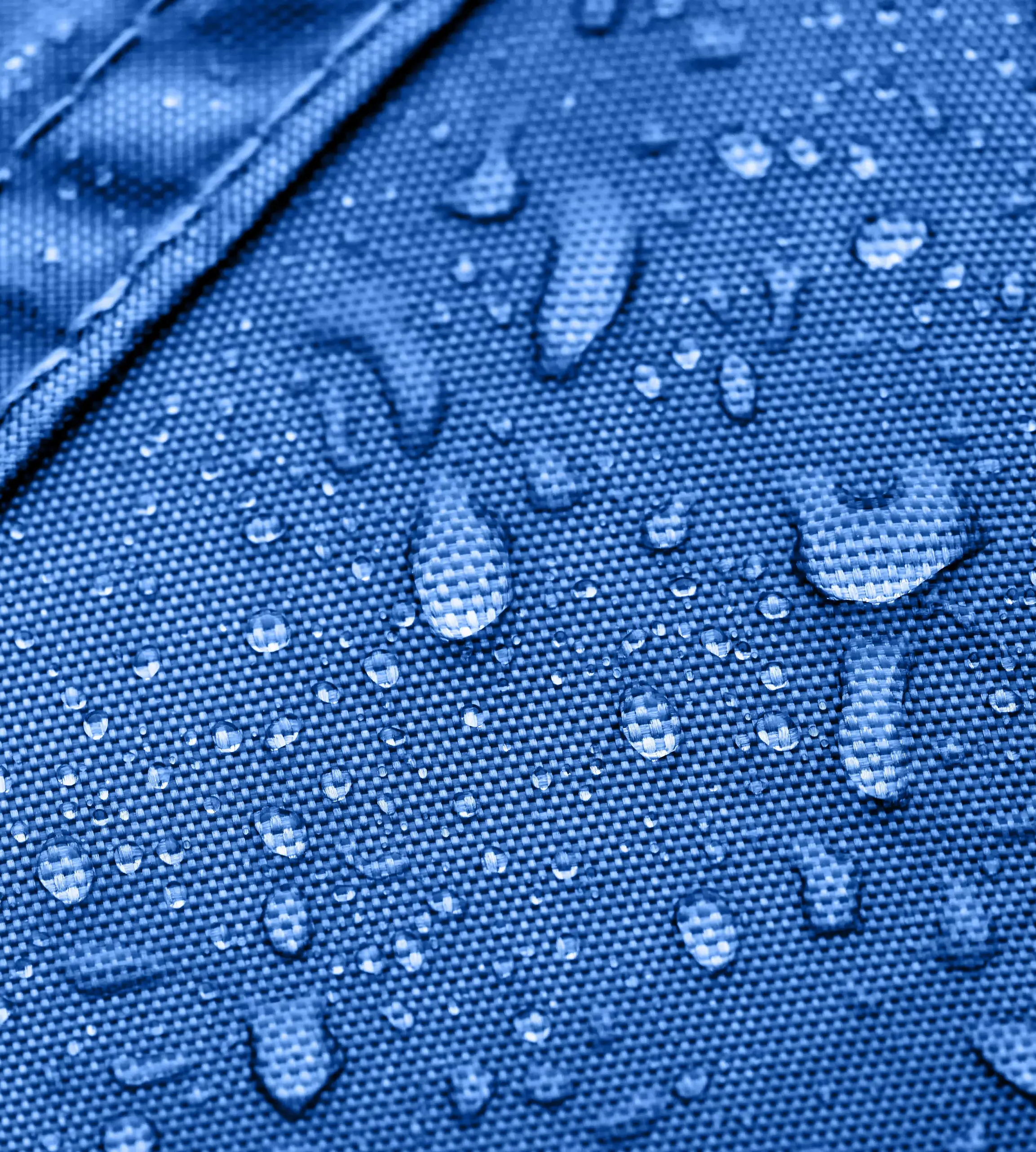
Waterproof fabrics have become an important part of outdoor gear, providing reliable protection against the elements. It is waterproof and moisture-proof without losing breathability, allowing adventurers to stay dry and comfortable even in harsh weather conditions.
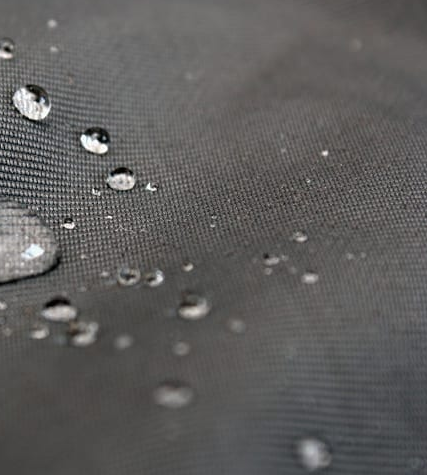
In the modern world, focus on preserving our environment and sustainable development has become very significant. The manufacture of environmentally friendly waterproof fabrics is thus a step closer in creating a green tomorrow. Not only do waterproof fabrics deliver effective moisture protection, but also minimize their effect on earth throughout their life cycle.
Conversely, traditional waterproof fabrics mainly depend on synthetic materials from non-renewable resources which are mostly petroleum-based plastics. Conversely, eco-friendly alternatives employ sustainable components such as recycled polyester or plant sourced fibers like organic cotton or hemp. Such fabrics reduce energy consumption by lowering dependence on non-renewable sources thereby minimizing carbon footprints linked to their production.
Moreover, after manufacture, the durability and recyclability of the water proof fabric also contributes to its sustainability. It is long-lasting and resistant to wear and tear thereby reducing frequent replacement needs. Additionally, fabric can often be recycled or re-purposed once it reaches end-of-life stage thus reducing waste contributing to further useful life being spent by this material
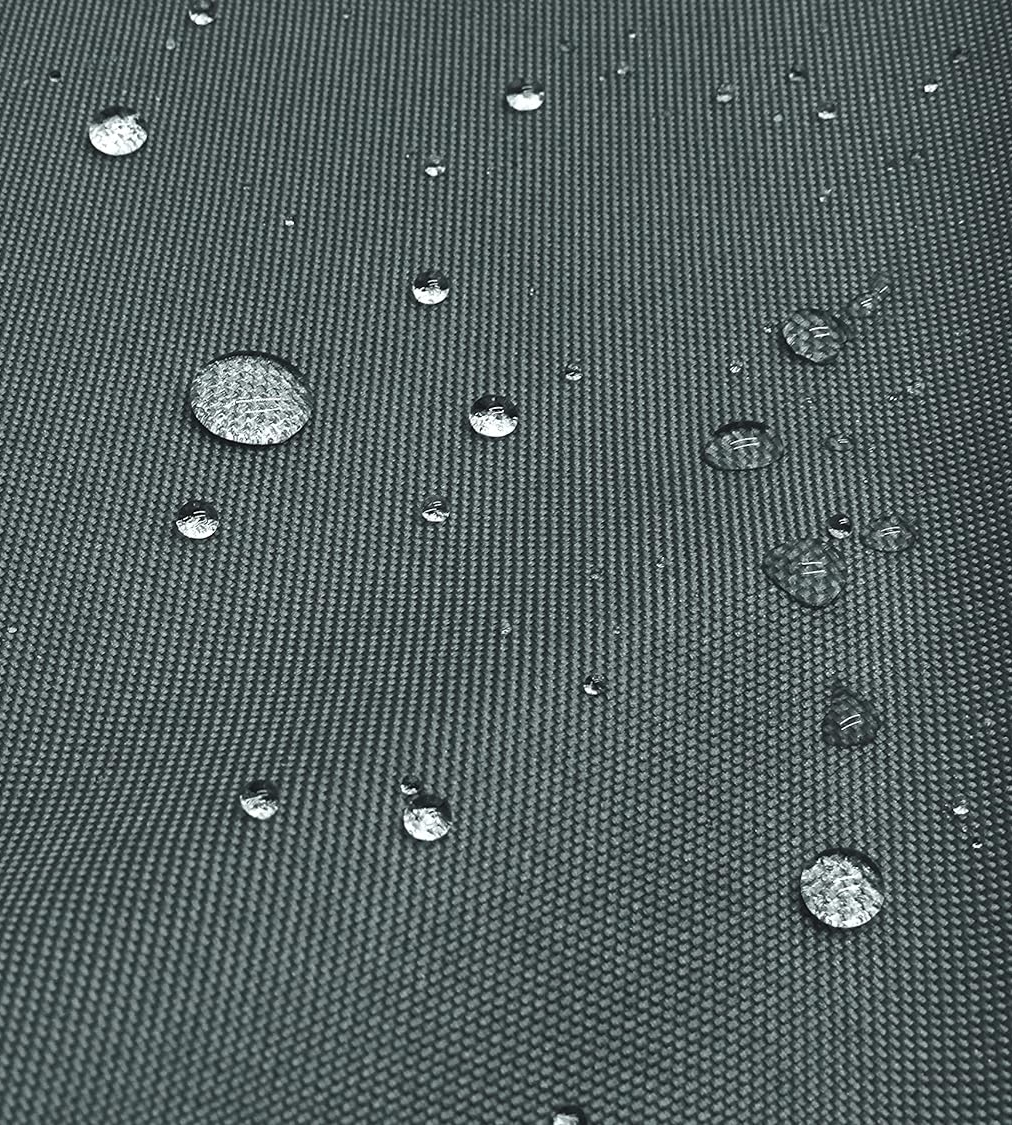
Weight matters in portable gear. NIZE offers lightweight waterproof fabric without compromising on strength or water resistance, allowing flexibility in design for clothing, bags, and outdoor equipment.
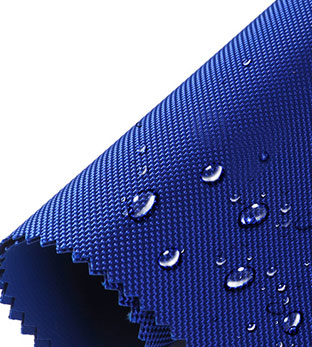
Protective applications demand fabric that performs under pressure. NIZE waterproof fabric provides weather resistance, abrasion durability, and custom production options for covers, equipment, and utility wear.
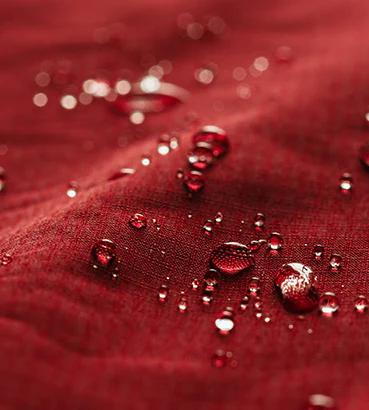
NIZE helps businesses enhance product reliability using our high-performance waterproof fabric. Its layered construction and consistent coating quality support superior resistance to water, oils, and environmental damage.
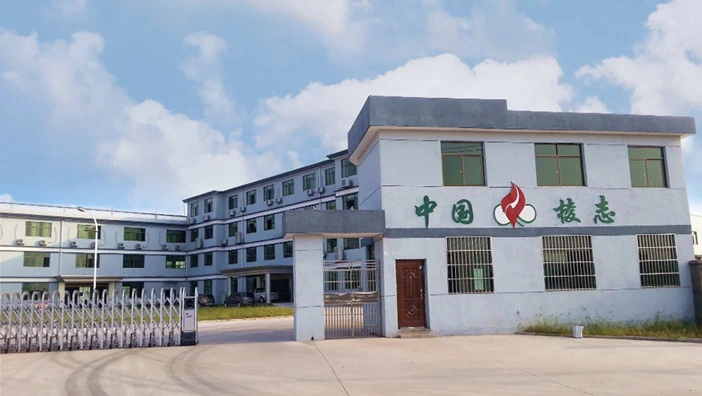
Nize New Materials is one of the world's leading material suppliers. We have more than 20 years of experience in this field and serve customers around the world. We also have world-class production equipment and an annual production capacity of 5 meters of ionic sulfate.
We focus on the research of the anti-piercing shoe midsole, interrupting the monopoly position of the anti-piercing cloth midsole inforeian countries. and producing the anti-piercing cloth midsole of our own branc, filing the domestic gap
The factory covers an area of 83.5 mu and has more than 22.500 sauare meters of production plant, 3,000 square meters of research anddevelopment center, 3,000 sauare meters of office space and more than 500 sets of advanced production and inspection equipment
We have excellent products and a professional sales and technical team that can provide satisfactory solutions according to your needs. If you are interested in our products, we look forward to your online message or call for consultation!
Our products cover a variety of functional materials, whether they are waterproof materials, wear-resistant materials, flame-retardant materials or thermal insulation materials, which can meet the needs of different industries and applications.
Waterproof fabrics are designed with special coatings or membranes that create a barrier against water penetration. These coatings repel water while allowing vapor to escape, ensuring breathability and preventing moisture buildup.
Waterproof fabric undergoes rigorous testing and quality control measures to ensure its durability and longevity. Additionally, manufacturers often provide guidelines for proper care and maintenance, such as regular washing and reapplying waterproof treatments if necessary, to maintain its effectiveness.
Waterproof fabrics maintain breathability through the use of advanced technologies such as microporous membranes or coatings. These technologies allow moisture vapor to escape from the fabric while preventing liquid water from entering.
Yes, efforts are being made to produce waterproof fabrics using sustainable materials and manufacturing processes. Some waterproof fabrics can be recycled, reducing their environmental impact and promoting a more circular and eco-friendly approach to textile production.
Waterproof fabrics are typically made from synthetic materials such as polyurethane (PU) or silicone-based coatings. These coatings are applied to the fabric surface using various techniques such as spraying, lamination, or dipping. Other materials that are often used in waterproof fabrics include Gore-Tex,eVent, and different types of nylon or polyester.
